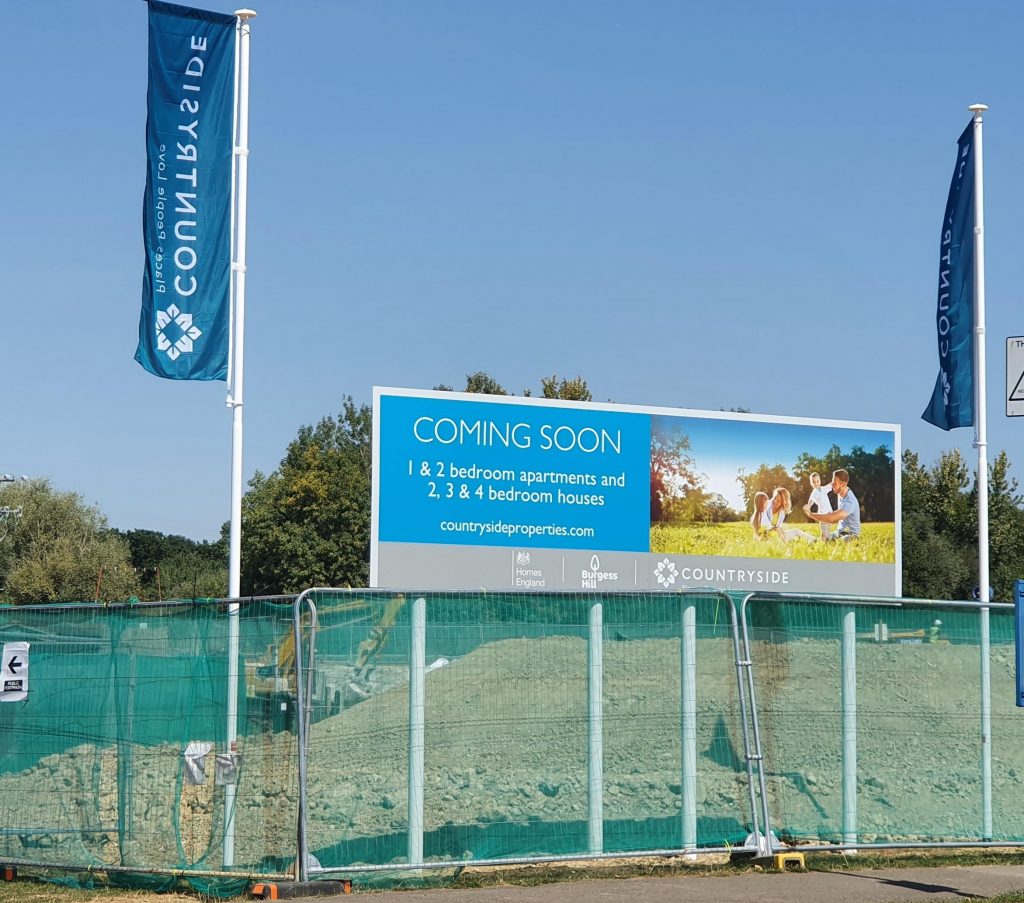The proposed changes outlined in the “planning for the future” White Paper issued earlier this month raise more questions than answers and gives no compelling reason that current processes need for fundamental reforms. Whilst it is clear the changes will mean bigger profits for developers, less community involvement in local planning processes, and reduced funding for local infrastructure (e.g. the related roads, schools and open space) – which will be more likely delivered after new housing is developed, not before it. There is no evidence provided that the changes will lead to the development of more new houses, and the key issue of developers currently sitting on land banks that are estimated to comprise planning permissions for 500,000 houses is unaddressed.
Often even minor changes to planning proposals implemented during a detailed planning consultation can make a huge difference to local residents and the people destined to live in these developments. The exact layout of the road network, the spacing of the houses and the incorporation of open spaces has a huge difference on how a development is perceived, and can be beneficial to the developer, as well as those who live in or next to it. Why are local people to be shut out of this process? The pre-approved “design codes” that new developments will need to comply with will never be able to respond to the complexity of local planning needs, local people are being asked to agree a blank cheque to the new growth zones without any say over the exact nature of the development.
The immediate exemption proposed for sites of under fifty housing units to be exempt from making any contribution to local infrastructure is a massive subsidy for housing developers who already make billions in annual profits (and incidentally bankroll the Conservative Party with £11 million donated since Boris Johnson became PM). Current s106 funding is incorporated within new housing development and means affordable housing is delivered as part of any new scheme. The proposed changes will end this, and be based on a national formula, less flexible than the current system, which will only provide funding after a development has been built. Last week’s failures in water supply is an example where without adequate planning for future growth such water shortages are likely to get worse. With the removal of the Mid Sussex requirement to build 30% of affordable housing as part of new developments, those who want to rent or get on the housing ladder through shared ownership are likely to be disappointed (its replacement by a generalised financial contribution is open to diversion for a range of other purposes).
Perhaps our local MP could explain her support for the proposal, did she receive any contribution from housing developers for election expenses, why is the Conservative Party removing the right of local people to comment not just on the principle but on the detail of new developments, and can you explain why housing developers will no longer be required to provide affordable housing as part of a new scheme or pay for the infrastructure required for new developments?

